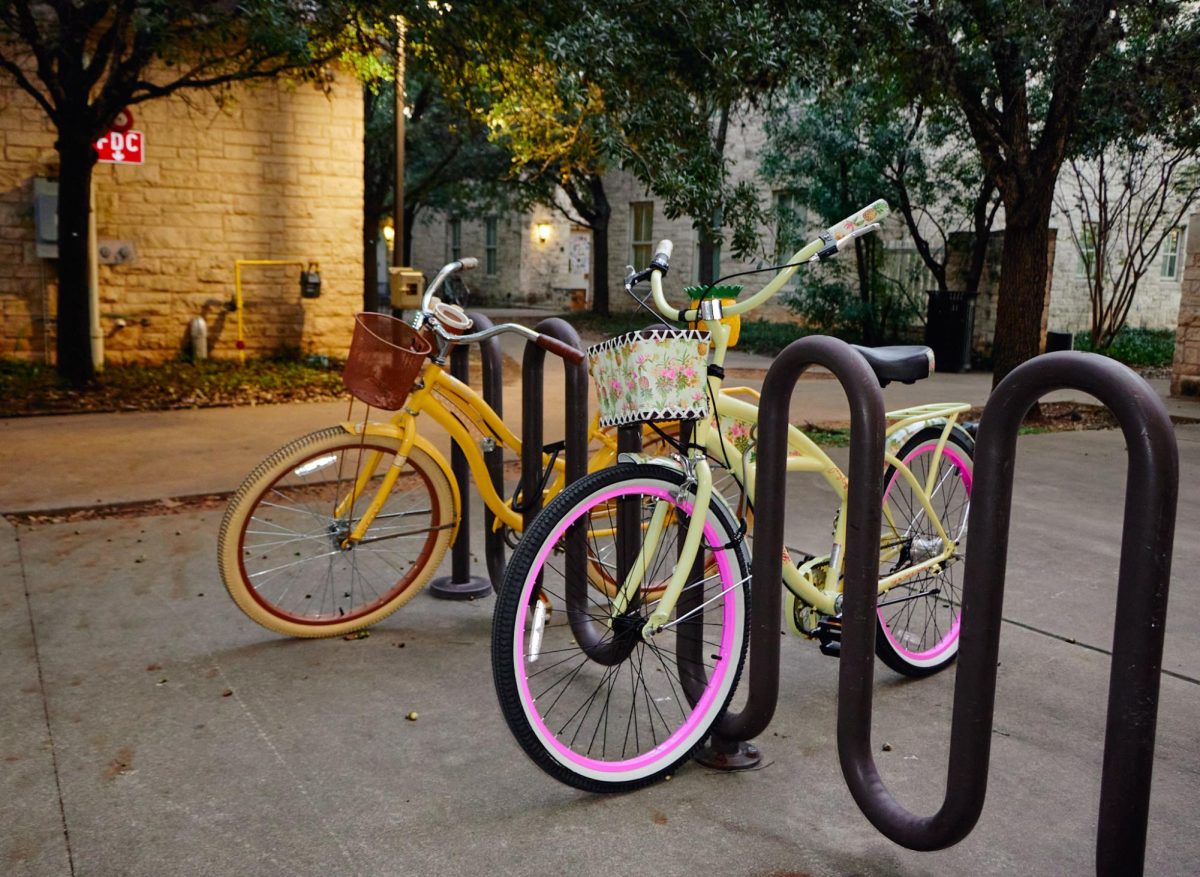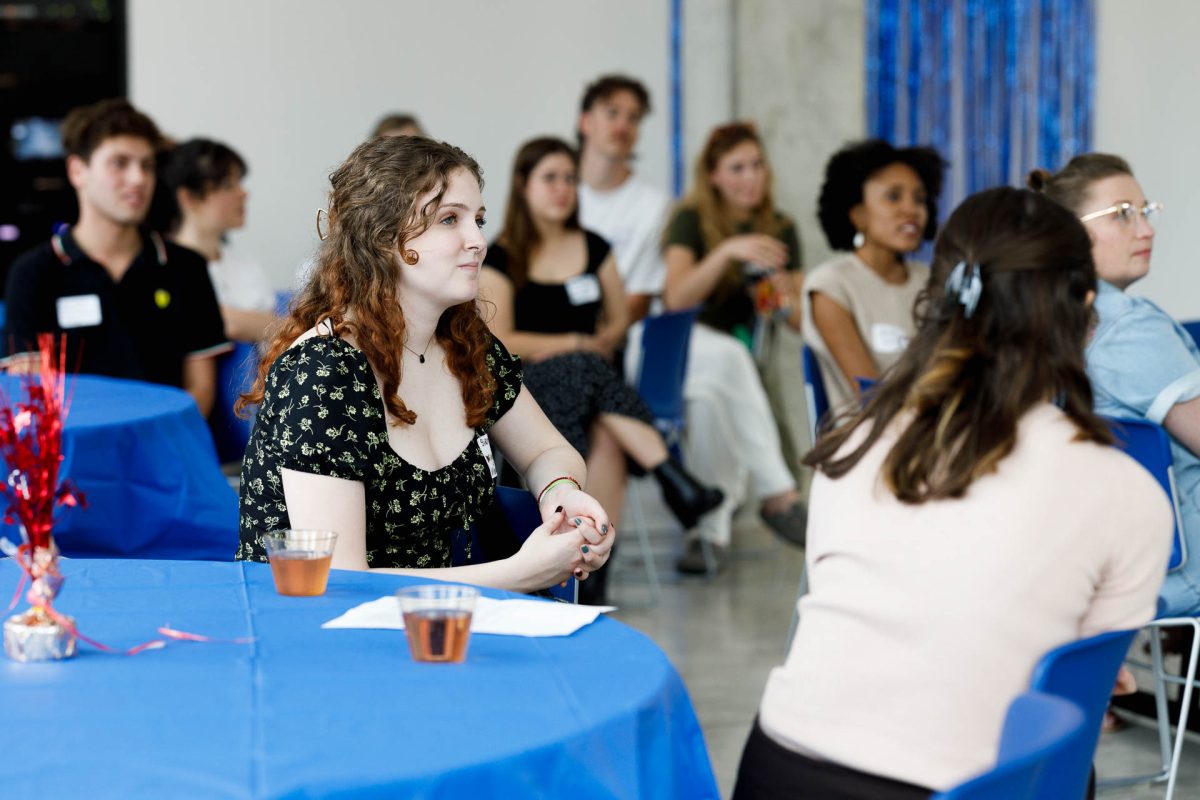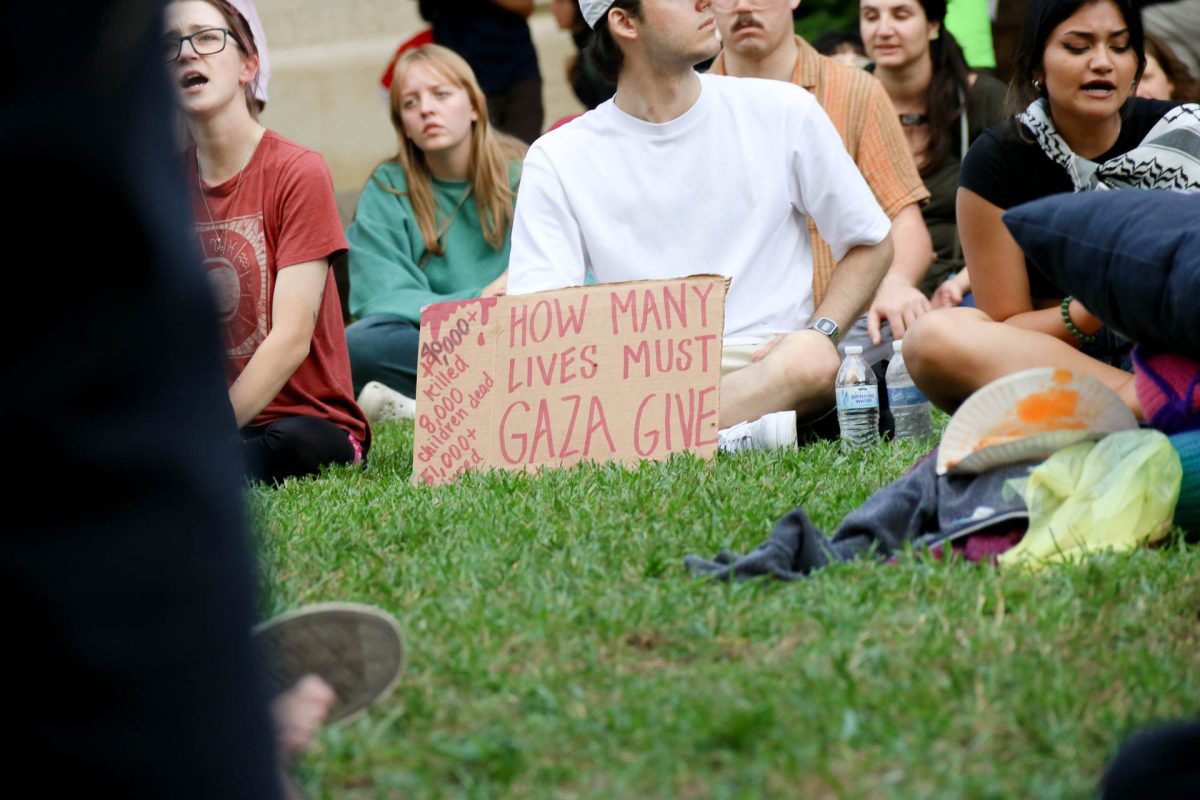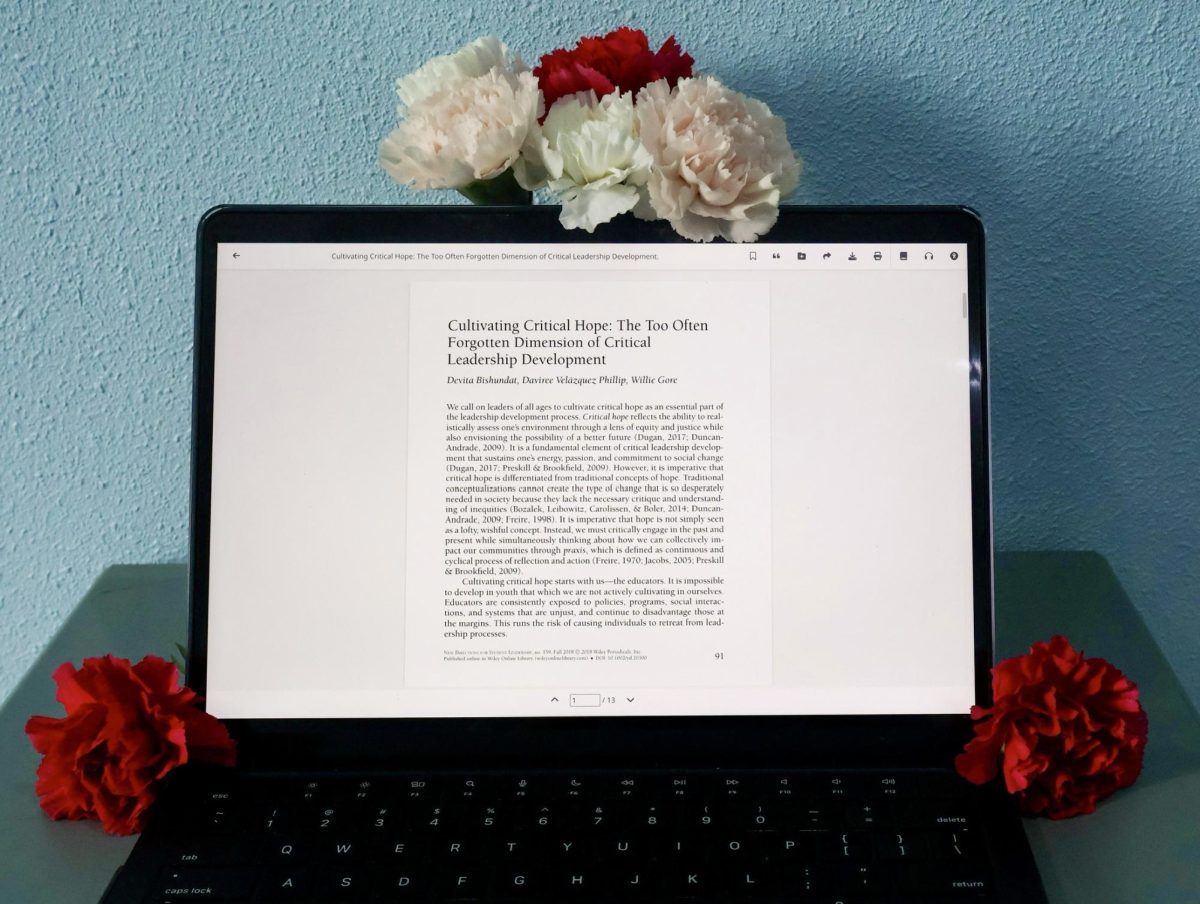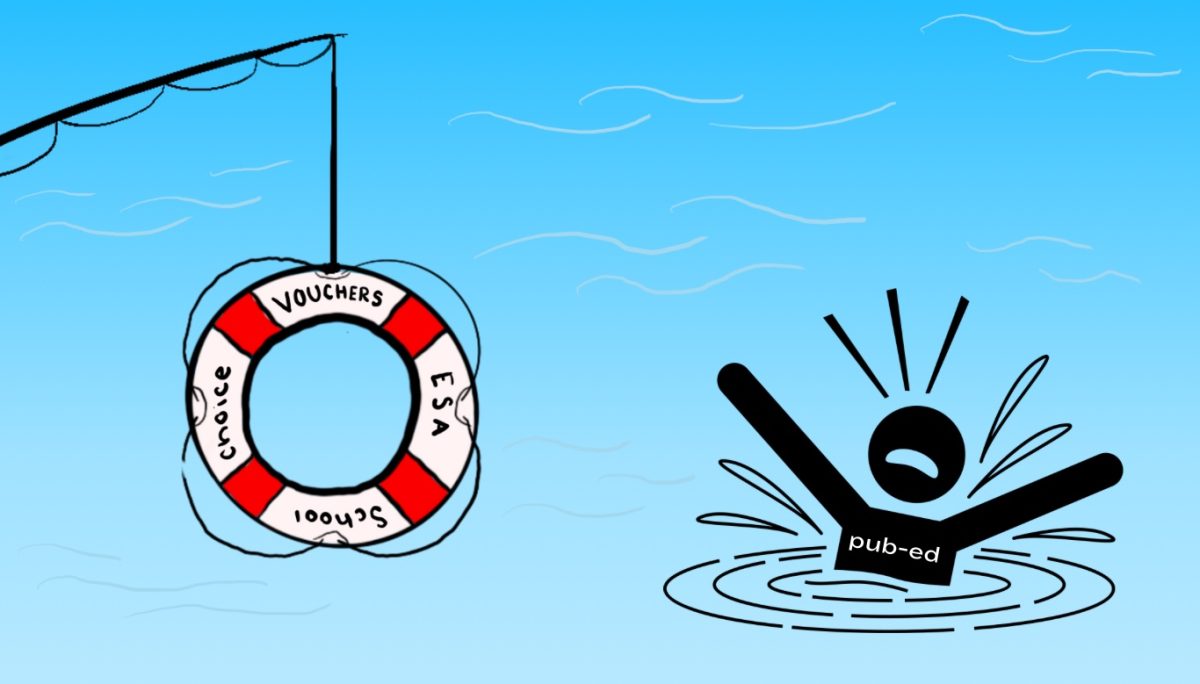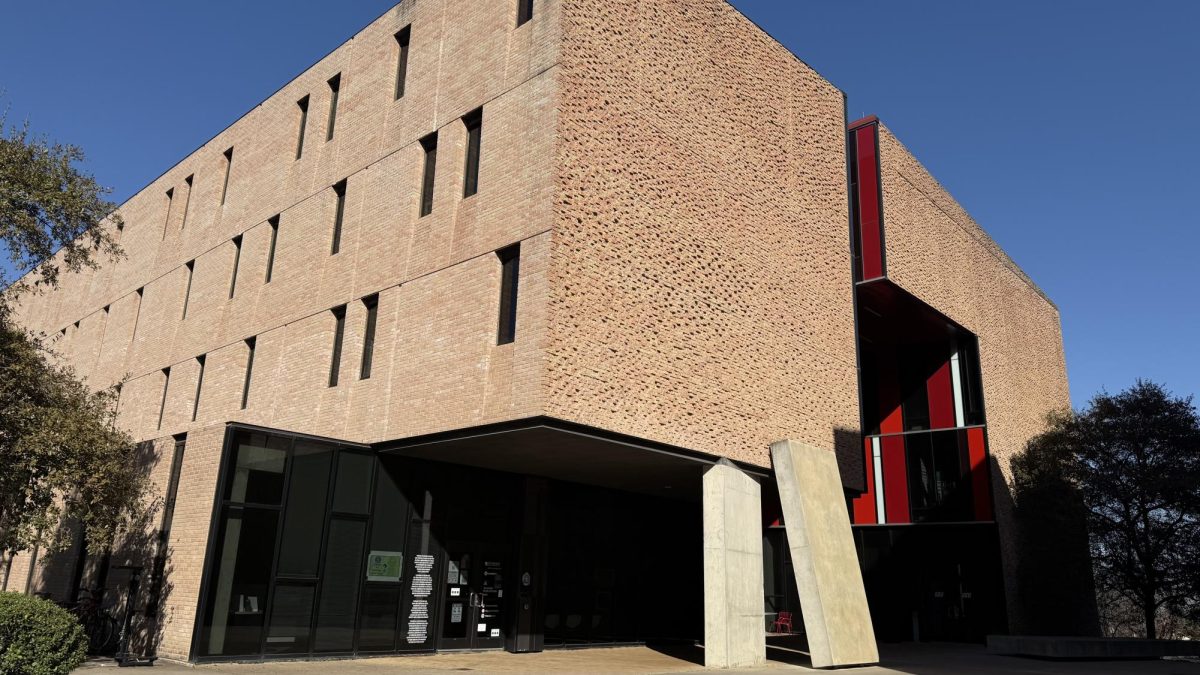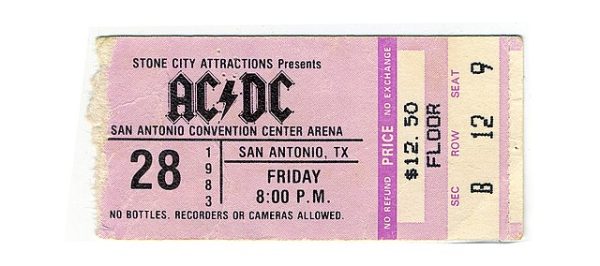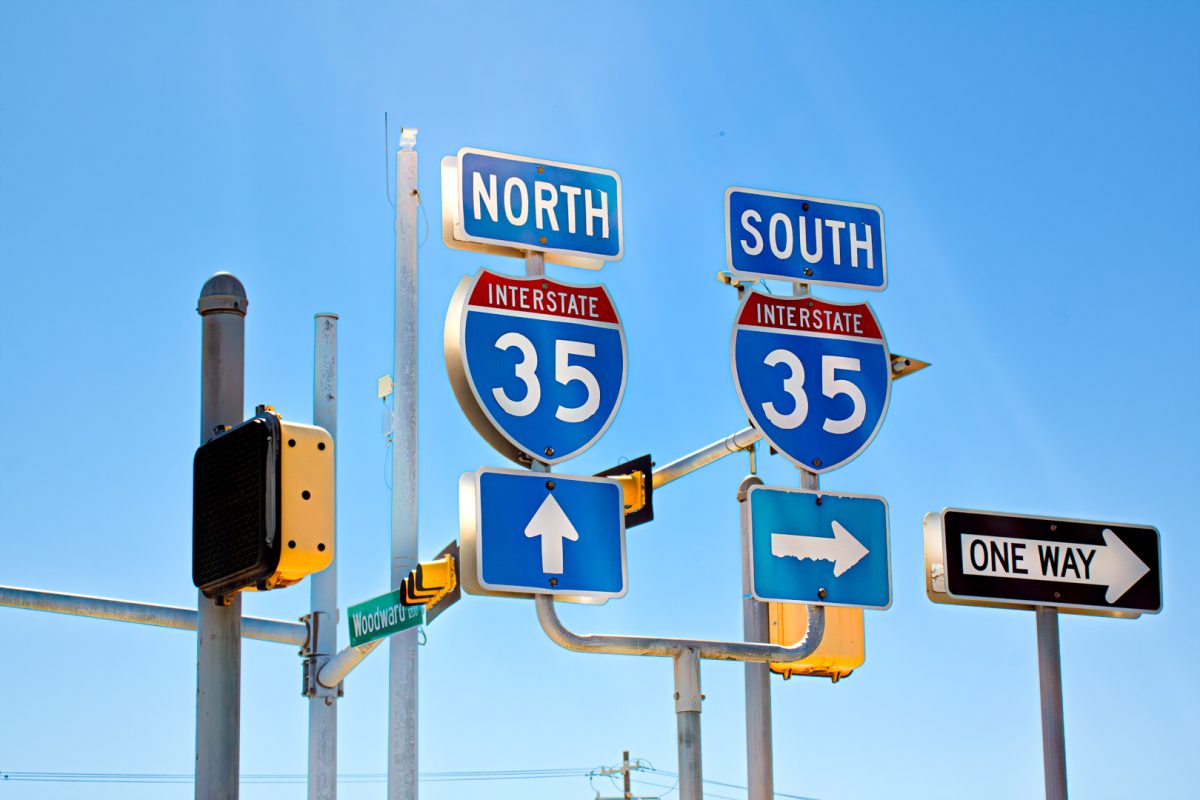The Texas Department of Transportation announced the list of recipients for the Transportation Alternatives Set-Aside Programs (TASA) grant on Oct. 26. It included a $11.3 million award for the City of Austin to expand its current MetroBike bike share program.
While this is a landmark step in terms of funding for public transportation, the decision to invest in the bike share program was inherently inequitable. The promotion of this mode of transit excludes those with physical disabilities impeding them from riding such bikes, and does not attempt to improve the infrastructure for those who depend on pedestrian and cycling transportation.
The announcement of the dispersed funds comes after the Texas Department of Transportation (TxDOT) announced last December that they were searching for projects to receive funds from their TASA initiative. This initiative was allocated from the Federal Highway Administration and Federal Transit Administration.
TxDOT stipulated that the projects to receive funds were to “improve safety, access, or mobility for people of all ages and abilities, especially bicycle and pedestrian facilities” in their program guide. While bikesharing is a form of transportation that can certainly be funded, Austin’s decision to promote this segment of CapMetro’s mission to move Austinites is strange when it has over 1.5 million riders per month using its other services compared to the 23,000 trips per month for the MetroBike service.
With the funds gained from TASA, the City of Austin wishes to replace its non-electric bikes with electric ones and increase its current number of stations from 81 to 240. Looking at the current map, it is understandable why they would like to expand, as the current system primarily services North Austin. By expanding, the city will service south and east Austin, which were previously underrepresented. However, their 2024 initiative– laid out back in 2021–illustrated a hopeful future map of the expanded program which still lacked a substantial amount of stops in east Austin.
Additionally, even if the bike sharing program was to be brought to underserved areas of Austin, this still does not aid or eliminate the mobility issues in the first place. St. Edward’s, which is not included in the discounted fare for MetroBike that UT and Huston-Tillotson students receive, is bounded by three major thoroughfares that are almost impassable by bike.
If a cyclist is able to get out of areas with great mobile resistance, they are pushed off to the side of the road. This is because cycling has been an afterthought for Austin’s transit planners, meaning a shoulder bike lane is a luxury. The sad truth is that Austin is neither cyclist-friendly nor pedestrian-friendly. When an alternative is offered to traversing the city rather than cars, the option must appease and adapt to Austin’s dependence on automobiles.
The city’s rally around an electric shared bike program seems like a product of Austin’s development as a technopolis: a very misinformed blend of unneeded technological innovation and urban planning that is reminiscent of Elon Musk’s Las Vegas Convention Center Loop. The funding of the MetroBike project is just another example of Austin dancing around the actual issues causing immobility and inequitable transportation in Austin.
Austin lacks zoning and infrastructure that allows citizens to work, walk and live within the same community. Ultimately, initiatives such as the City Council’s vote on Nov. 2 to remove the minimum number of parking spots for new real estate developments are a step in the right direction for the city to become less car-dependent. But we must remember that these actions must be equitable and thought with the highest care, as to not jeopardize and endanger the lives of those the city seeks to help.
Hopefully, the large amount of funding that the city has received can be a gateway for future transit projects. An expanded or electrified bus system would have immense impacts in terms of climate change and bringing interconnectivity to the city. Introduction of light-rail, such as the previously canceled TSTAR system, within and outside of the city could also have a great impact on the lives of commuters.
TxDOT and Austin’s dedication to creating alternatives to vehicular transportation is admirable but futile. The introduction of e-bikes will not negate the impact of Texas Highways that have already been created and those set to be expanded. Though thoughtful in nature, the MetroBike bike sharing program leaves much to be desired in terms of accessible and green transit for Austin residents.


